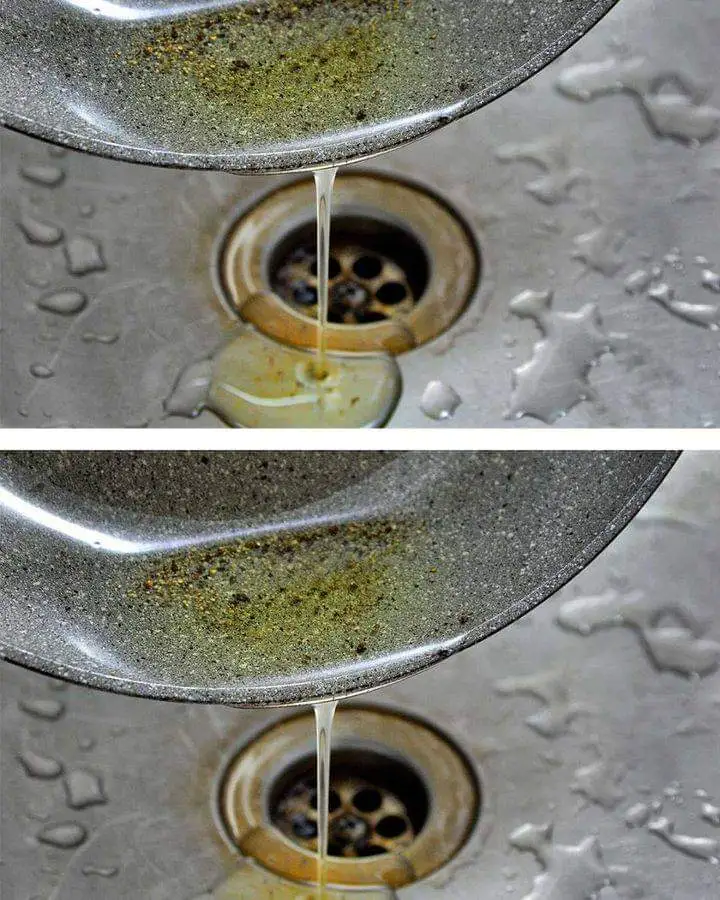Should oil be poured down the kitchen sink? My mother-in-law says yes but I’m not so sure.
Cooking oil is a kitchen staple, but improper disposal can lead to serious problems for your plumbing and the environment. Pouring it down the drain may seem easy, but this practice can cause clogged pipes, environmental damage, and expensive repairs. Here’s why you should never pour oil down the sink and how to dispose of it properly.
Why You Shouldn’t Pour Cooking Oil Down the Sink
- Clogged Pipes: Cooking oil sticks to the inside of pipes, eventually leading to blockages and slow drains.
- Fatbergs: Oil combines with other waste to form “fatbergs,” large, solid masses that clog sewer systems, leading to expensive repairs.
- Environmental Damage: Improperly disposed oil can contaminate water bodies, harming aquatic life and polluting drinking water.
- Harm to Wildlife: Oil in natural water sources can coat animals’ fur or feathers, harming their ability to survive.
- Costly Repairs: Clearing blocked pipes and repairing sewage systems is expensive for both homeowners and cities.
Proper Ways to Dispose of Cooking Oil
- Reuse It: If the oil is clean, filter and store it for future use to reduce waste.
- Seal and Trash: Let the oil cool, transfer it to a sealable container, and discard it in the trash (if allowed by local guidelines).
- Recycling Programs: Check for local recycling centers that accept used cooking oil for biodiesel production.
- Commercial Waste Services: For larger amounts, businesses or individuals can hire services that collect and recycle used oil.
- Mix with Absorbents: For small amounts, absorb the oil with materials like paper towels or cat litter, and then dispose of it in the trash.
Conclusion
Proper disposal of cooking oil is essential for protecting your plumbing and the environment. By reusing, recycling, or safely discarding oil, you can prevent costly plumbing issues and contribute to a healthier ecosystem.
